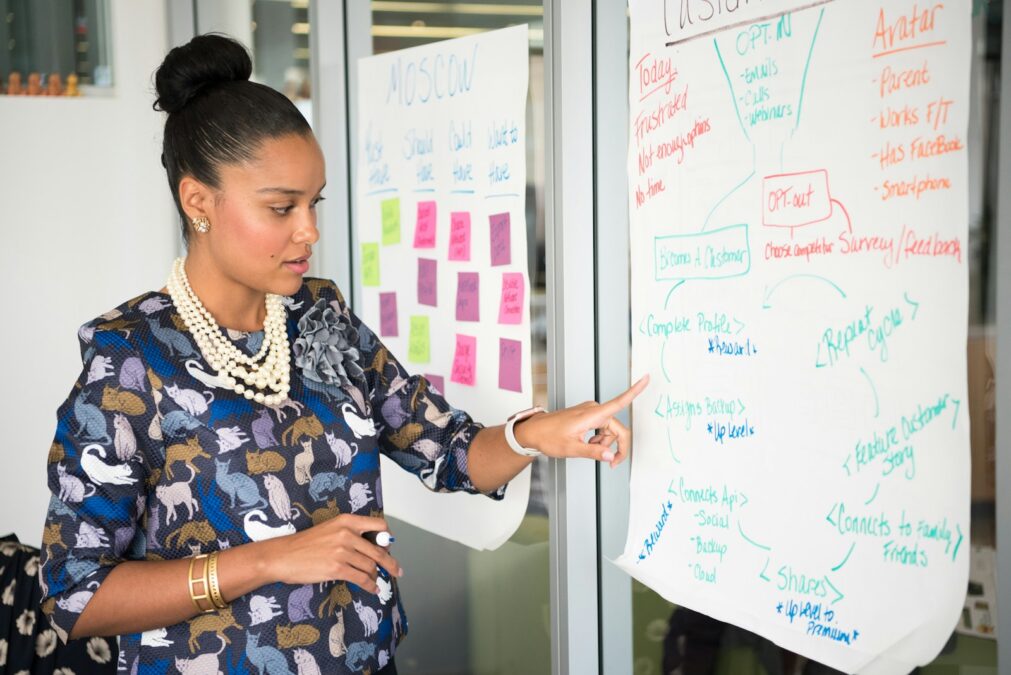Exploring Strengths, Weaknesses, and Leadership Styles
The Role of Confidentiality in Leadership Coaching
Leadership Coaching for Executives provides a confidential and non-judgmental space where leaders can openly explore their strengths, weaknesses, and leadership styles. This safe environment is crucial for personal and professional growth, as it allows executives to reflect deeply on their experiences without fear of judgment or repercussions. By working with a coach, leaders can gain insights into their behaviors, identify areas for improvement, and develop strategies to enhance their effectiveness. Confidentiality ensures that the coaching relationship is built on trust, enabling candid conversations that drive meaningful change.
Identifying and Leveraging Strengths
One of the primary goals of leadership coaching is to help executives identify and leverage their strengths. In cities like Riyadh and Dubai, where the business landscape is both competitive and dynamic, understanding and utilizing one’s strengths can provide a significant advantage. Coaches work with leaders to conduct comprehensive assessments, including 360-degree feedback, personality tests, and performance reviews. These tools help executives gain a clear understanding of their unique capabilities and how they can be applied to achieve organizational goals. By focusing on strengths, leaders can enhance their confidence, improve their decision-making abilities, and drive better outcomes for their teams and organizations.
Addressing and Overcoming Weaknesses
While leveraging strengths is essential, addressing weaknesses is equally important for leadership development. Executive coaches provide a supportive environment where leaders can candidly discuss their challenges and areas of improvement. Through targeted coaching sessions, executives can develop strategies to overcome these weaknesses, whether they relate to communication, conflict resolution, or strategic thinking. Coaches also help leaders create action plans that include setting specific goals, practicing new behaviors, and seeking feedback from peers and subordinates. By actively working on their weaknesses, leaders can transform them into areas of growth and opportunity, ultimately enhancing their overall leadership effectiveness.
Exploring and Refining Leadership Styles
Understanding one’s leadership style is critical for effective leadership. Coaches assist executives in exploring various leadership models and identifying the style that aligns best with their personality and organizational culture. In Saudi Arabia and the UAE, where cultural nuances play a significant role in business interactions, adapting leadership styles to suit different contexts is crucial. Coaches guide leaders through this process, helping them become more flexible and responsive to the needs of their teams. By refining their leadership styles, executives can foster a positive work environment, enhance team performance, and achieve strategic objectives more efficiently.
Integrating Advanced Technologies in Coaching
Incorporating advanced technologies such as Artificial Intelligence (AI) and data analytics into leadership coaching has revolutionized the way executives receive feedback and develop their skills. In the tech-forward cities of Riyadh and Dubai, coaches utilize AI-driven assessments to provide real-time insights into leadership behaviors and team dynamics. These tools offer personalized recommendations and track progress over time, allowing leaders to make data-informed decisions about their development. By leveraging technology, executive coaching becomes more precise and impactful, helping leaders address their development areas with greater accuracy and efficiency.
Fostering a Culture of Continuous Learning
A commitment to continuous learning is essential for sustained leadership success. Executive coaches encourage leaders to adopt a growth mindset, embracing challenges as opportunities for learning and development. This approach is particularly relevant in the rapidly changing business environments of Saudi Arabia and the UAE, where staying ahead of industry trends is crucial. Coaches support leaders in setting long-term development goals, participating in ongoing education and training, and seeking regular feedback. By fostering a culture of continuous learning, organizations can ensure that their leaders remain agile, innovative, and well-equipped to drive business success.
Conclusion: Transforming Leadership Through Coaching
In conclusion, leadership coaching for executives is a powerful tool for enhancing leadership effectiveness in Saudi Arabia and the UAE. By providing a confidential and non-judgmental space, coaches enable leaders to explore their strengths, weaknesses, and leadership styles deeply. This process not only builds self-awareness but also drives personal and professional growth. By leveraging strengths, addressing weaknesses, and refining leadership styles, executives can lead their organizations more effectively. Integrating advanced technologies and fostering a culture of continuous learning further amplifies the impact of coaching. As the business landscapes of Riyadh and Dubai continue to evolve, leadership coaching will remain an essential component of executive development, driving sustained success and organizational excellence.
#LeadershipCoaching, #ExecutiveCoaching, #LeadershipDevelopment, #ConfidentialCoaching, #NonJudgmentalSpace, #RiyadhCoaching, #DubaiCoachingServices, #BusinessSuccess, #LeadershipSkills























